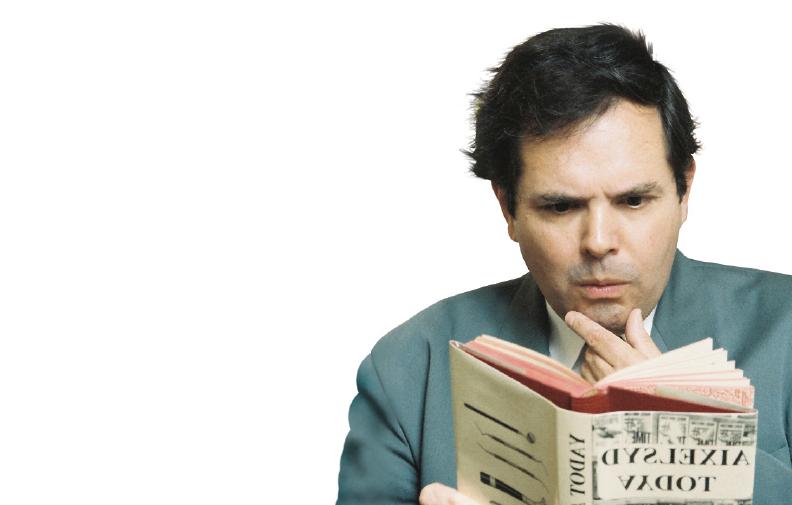There’s no doubt about it; social mobility is the current hot issue. On April 5th, Deputy Prime Minister Nick Clegg unveiled the Coalition Government’s Social Mobility Strategy. According to the official press release, ‘Opening Doors, Breaking Barriers … focuses on inter-generational social mobility ensuring that everyone has a fair chance get a better job than their parents.’ My typing isn’t rubbish; I checked the last sentence four times – that really is what the press release said. It also contained the quote from Clegg that ‘Fairness is one of the fundamental values of the Coalition Government.’ I suppose ‘fair chance’ is the key phrase; if everyone got a better job than their parents, who would stack the supermarket shelves and empty the bins?
Social mobility is Clegg’s big idea. Last August, he said that ‘a disproportionate number of university students come from the middle classes’. Mr Clegg is not middle class. Educated at Caldicott prep school (current fees £19,000 a year), Westminster School (£20,364 a year for day pupils), then Cambridge, young Nick would holiday in the French chateau or the twenty-room Swiss ski chalet owned by his dad, the chairman of United Trust Bank. After university, young Nick got an internship at a Finnish bank (with Dad’s help), then a job in Brussels with the EU trade commissioner, Leon Brittan, recommended by a helpful neighbour, Lord Carrington, who sat with Brittan in Mrs Thatcher’s cabinet. For all his empathy with the poor and underprivileged, it’s a bit hard to see just where Nick learned about disadvantage and deprivation.
Opposing voices were heard this month when a government spokesman defended the right of universities to apply different criteria to the exam results of state school pupils and private school pupils. The universities argued that they considered potential academic success as well as actual exam grades in selecting students for demanding courses. There were loud and predictable cries of ‘unfair!’ from fee-paying parents, but it’s hard to fault the logic or objectivity behind the universities’ policy.
‘For all his empathy with the poor and underprivileged, it’s a bit hard to see just where Nick learned about disadvantage and deprivation.’
There was a similar row over social engineering back in 2009, when Oxford and Cambridge both announced that their proportion of state-educated pupils had risen to a new high, through efforts to accept more bright pupils from poorer backgrounds. Oxford boasted that ‘state-educated students secured 55% of places’. You don’t need a maths degree to deduce that pupils from private schools secure about 45% of Oxford places.
As private schools currently take about 10% of all pupils, wouldn’t it be most ‘fair’ for the government to order all universities to limit admission to privately-educated pupils to around 10% of intake? About one third of current MPs went to private schools, so they could also limit election candidates to a maximum of 10% from private schools.
In social mobility issues, language and statistics become whatever you want them to mean and it’s easy to see why. One parent’s effort to improve their child’s life chances, however laudable and understandable, almost always involves decreasing the life chances of other parents’ children.
Any statement about social mobility should include a caution that mobility could be downwards, like those literally breathless comments at the end of radio ads that ‘Thevalueofyourinvestmentscangodownaswellasup’, or the tiny print that says ‘**Typical APR may be 4000%.’
The most effective instrument of social mobility was probably the old grammar schools but during all the rows about the efforts of Tony Crosland and Margaret Thatcher to abolish them, I never met an advocate of grammar schools whose own children were at, or were likely to attend, a secondary-modern or a bog-standard comprehensive.
Even in non-contentious areas, like improving standards for all, laudable aims can betray confused thinking. Mrs Thatcher’s Education Minister, Kenneth Baker, delivering the eternal call for improving standards, wanted more children to achieve above average scores. He was clearly unaware that the only way to do this would be to ensure that substantial numbers of low achievers reached even lower standards, in order to drop the average.
Baker may have been innumerate, but he was at least literate. In the mid-1990s, when I visited Pakistan, it was widely known that the Minister for Education could neither read nor write. I’m all in favour of supporting people with disabilities, but appointing a total illiterate as Education Minister was surprisingly liberal for a country not renowned for progressive policies. I’m sure that, just like Nick Clegg, his appointment was entirely due to merit and had nothing to do with the fact that he was the President’s brother-in-law.



